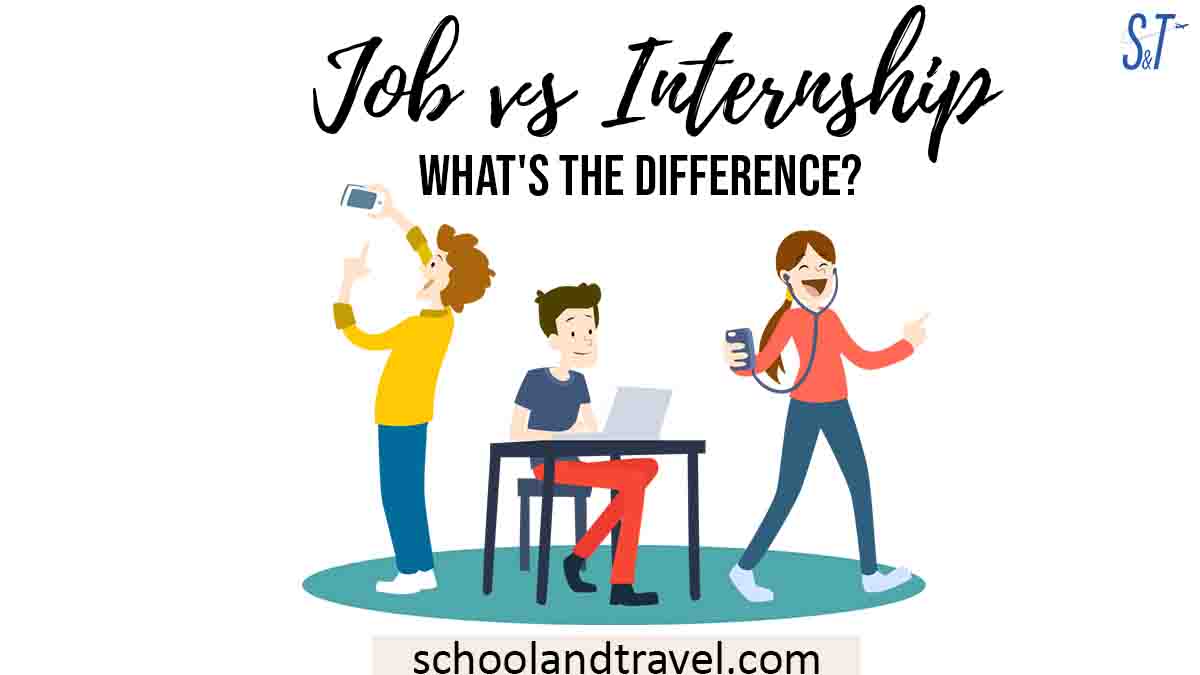As you construct your university list, you have to reflect on colleges a bit differently.
Having a favourite college doesn’t usually imply you’ll get in. Moreover, you might have listened to your counselor speak about “Reach schools”; what does this term imply?
This article will define a “Reach school” and provide recommendations for how to use it in your university application strategy.
What are Reach schools?
The term “reach school” refers to a school where your educational qualifications are lower than the average regular student’s.
It’s known as a reach school because it’ll be challenging work to create an excellent application.
Generally, a university is considered a reach school if your test ratings fall under the 25th percentile of college students enrolled in the university.
When thinking about a reach school, it’s nevertheless vital to be realistic. It’s pretty not likely you’ll gain access to an Ivy League college with a 1.5 GPA.
If you genuinely enjoy the college, throw your hat in the ring even if your SAT/ACT are probably 100 points below average or you have a 3.4 GPA rather than a 3.8.
It might be a long shot, but an admissions officer may see your potential.
On the other hand, don’t allow that to prevent you from being ambitious! Put 2 or 3 reach schools on your list. You might not know what may happen.
It’s vital to keep in mind that reach schools vary from applicant to applicant.
To know if a college is a ‘reach,’ study the test ratings of the final year’s class of admitted college students; if your test ratings or GPA aren’t in the middle 50%, that college counts as an educational reach.
That being said, any college with an entrance cost of less than 10% or 15% should be considered a reach, even if you have a 4.0 GPA and an ACT score of 36.”
Why do I need a Reach School?
While you are not technically in need of a reach school, we propose placing an application for at least one.
After all, “reach school” and “dream school” are synonymous with many college students, and it’s usually vital to chase your dreams.
If you’re good with the application charges and the time it takes to fill out every application, you could apply to as many reach schools as you like.
As you’re applying, attempt to focus on the specific things that separate you from different applicants.
Spend more time crafting a standout essay or developing supplemental substances that display your unique persona and drive.
Sometimes, those components of an application can impress an admissions officer enough to give out grades, test ratings, and different conventional metrics.
How to identify Reach Schools:
Let’s look at the way to pick out your list of reach colleges to apply to:
Construct your list of dream colleges:
Initially, don’t keep in mind your odds of being admitted whilst developing your list of dream schools.
Learn how to select a university and use as many sources as feasible to discover the schools you intend to go to.
The most prestigious colleges are more likely to be reach schools.
Determine which colleges out of your list are reached schools:
The subsequent step in figuring out your reach schools is to decide which colleges in your list of dream schools qualify as reach schools for you.
Examples of Reach Schools
Universities that can be considered as reach schools include;
- Stanford University, Stanford, California
- Harvard University, Cambridge, Massachusetts
- Yale University, New Haven, Connecticut
- Princeton University, Princeton, New Jersey
- Columbia University, Upper Manhattan, New York City
- Massachusetts Institute of Technology, Cambridge, Massachusetts
- University of Oxford, Oxford, United Kingdom
- University of Cambridge, Cambridge, United Kingdom
- Dartmouth College, Hanover, New Hampshire
- Georgetown University, Washington, D.C
- University of California, Los Angeles, California
- Northwestern University, Evanston, Illinois
Advantages of applying to Reach Schools:
There are a few reasons for applying to a reach school. They include;
Because you may get in:
Sure, it is not likely to get right into a reach school, even if your grades are excellent, however through definition, it is not impossible.
To not have any regrets:
Sure, it is simpler not to take risks in life. It might be simpler to best apply to colleges you will likely get into (match colleges) or will most certainly get into (safety colleges).
But if you exclude reach colleges, you may regret it.
Not to give up on your dreams:
Most times reach schools and dream schools are the same.
When this is the case, applying to that specific reach school is especially important because it is, after all, your dream school. Just be certain that your dream is indeed your dream.
Disadvantages of applying to Reach Schools:
Applying to reach schools might have a few disadvantages as it is a dream school. They include;
The availability of financial assistance:
If you put a reach college, ensure you’ve got a backup plan as most reach schools are costly to attend in terms of tuition and even accommodation.
Very slim chance of getting in:
Getting into your dream school could be very hard as the criteria for entry might be very high.
Conclusion:
On the question of university admissions, there are no guarantees or absolutes.
Surprising acceptances and shocking rejections are all too often in the murky and complicated world of higher education.
Of course, this does not suggest that you should throw up your hands and wait for fate to take its course.
It simply means that you should plan ahead of time how and where you will apply.
To that end, we recommend including several colleges from out-of-state on your list.
This will allow you to hedge your bets while still leaving the option of exceeding your expectations open.
Lastly, even though a school is a reach, ensure it’s somewhere you’ll be satisfied to go to. If not, why are you applying to go there?
Awesome one; I hope this article answered your question.
Share this Information.
Editor’s Recommendations:
- How to Create a Balanced Plate: The Key to Healthy Eating
- How to Start a Virtual Book Club with Friends
- The Top Credit Score Hacks Every Young Adult Should Know
- The Pros and Cons of Rental Property as a Passive Income Stream
- Enhancing Your Clinical Psychologist Job Prospects with Professional Help
- The Impact of Graphic Design School on Your Future Earnings Potential
- 7+ College Scholarships for Muslim Students (FAQs)
- Flavor of the Month Scholarship 2024 (Requirements, FAQs)
- Vegetarian Scholarship (Requirement, Deadline, FAQs) | 2025
- John and Abigail Adams Scholarship 2022-2024 (Eligibility, Deadline)




